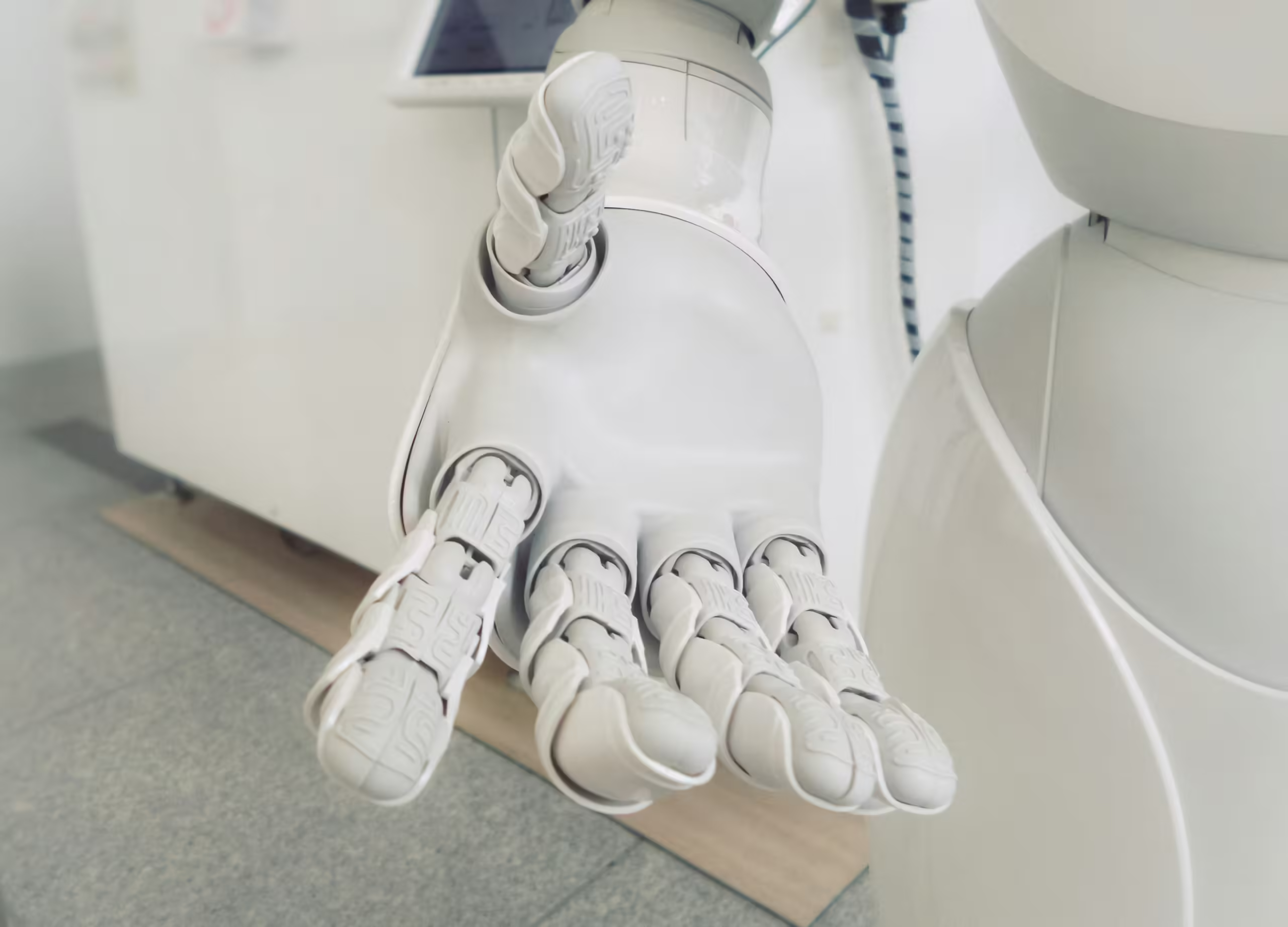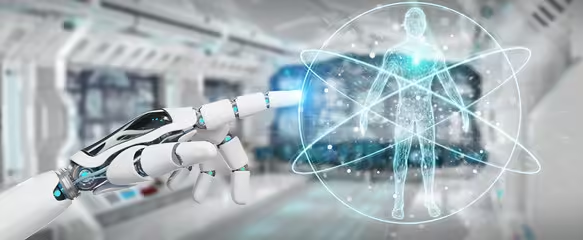
The Emergence of AI in Healthcare
Artificial Intelligence (AI) is transforming various industries, and healthcare is no exception. From enhancing diagnostic accuracy to personalizing treatment plans, AI is making significant strides in improving patient outcomes and healthcare efficiency.
AI in Medical Diagnosis
One of the most promising applications of AI in healthcare is in medical diagnosis. By leveraging machine learning algorithms, AI can analyze vast amounts of medical data—such as imaging scans, pathology slides, and patient records—to identify patterns and anomalies. This assists clinicians in making more accurate and quicker diagnoses, potentially saving lives.
Personalized Treatment Plans
AI is also playing a crucial role in developing personalized treatment plans. By analyzing patient data, including genetic information, lifestyle factors, and treatment responses, AI can help create tailored treatment strategies. This approach not only improves the effectiveness of treatments but also minimizes side effects and enhances patient satisfaction.
Streamlining Administrative Tasks
Beyond clinical applications, AI is streamlining administrative tasks in healthcare. Automating tasks such as appointment scheduling, billing, and patient record management frees up healthcare professionals to focus on patient care. This leads to increased efficiency and reduced administrative burdens.
The Future of AI in Healthcare
The future of AI in healthcare looks promising, with ongoing advancements likely to bring even more innovative solutions. However, it’s essential to address ethical considerations, data privacy, and the need for rigorous validation to ensure that AI technologies are safe and effective for widespread use.
In conclusion, AI is revolutionizing healthcare by enhancing diagnostics, personalizing treatments, and improving administrative efficiency. As technology continues to evolve, its impact on healthcare will only grow, paving the way for a more efficient and effective healthcare system.

